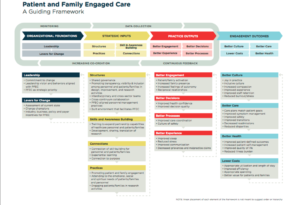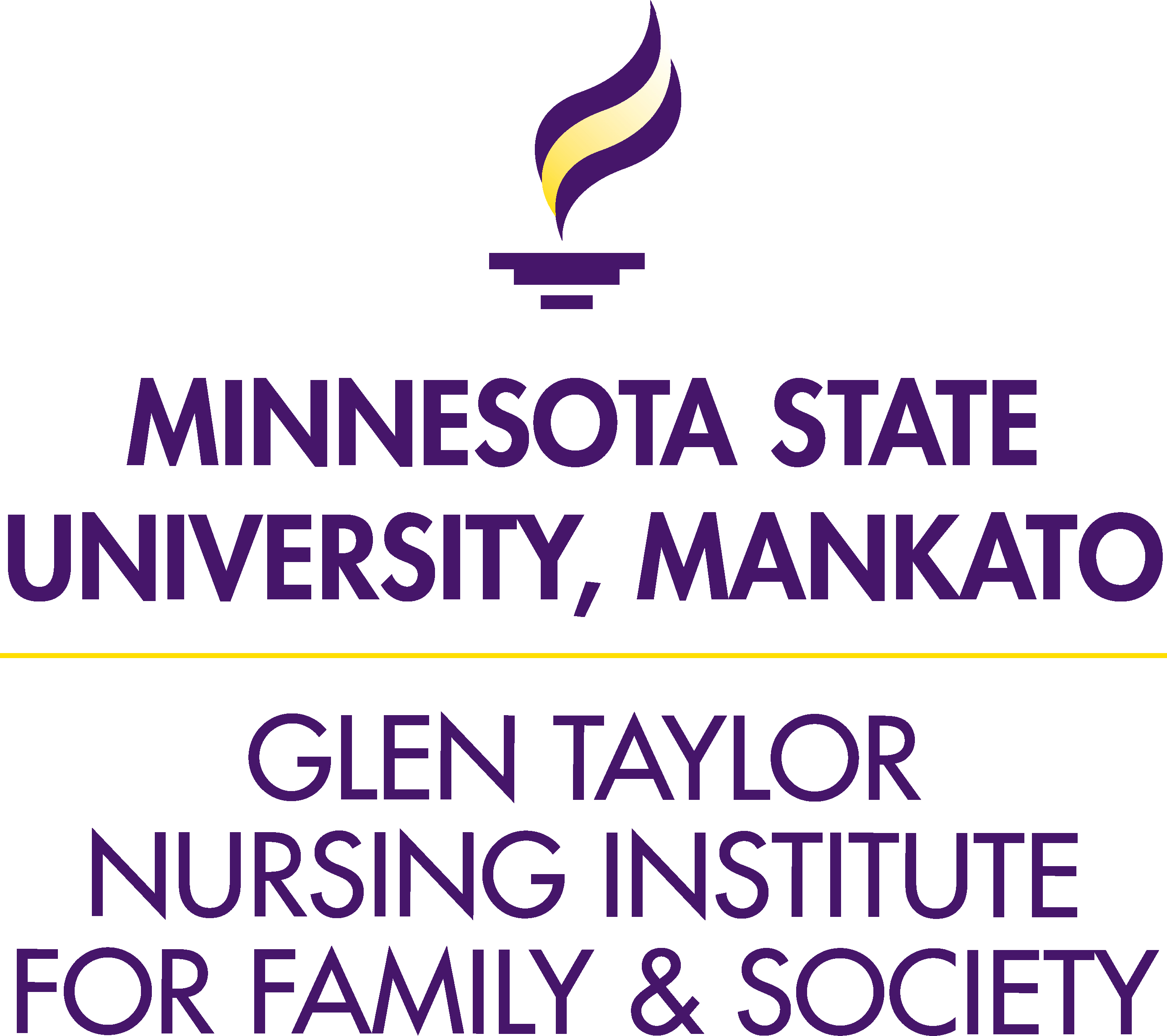This post originally appeared on November 7, 2017, on Dr. Janice M. Bell’s blog. It has been reposted with the author’s permission.
As a family nursing scholar, my greatest desire is to shift the emphasis of health care from the individual to the FAMILY and from tasks and technology to RELATIONSHIPS.
I am delighted there are many organizations and individuals around the world who share my mission, including the International Family Nursing Association.
I don’t think family nursing and “patient and family centred care” (PFCC) are one in the same. My belief is that family nursing includes nursing assessment and intervention at generalist and advanced practice levels for systemic “family as the unit of care” practice that is actually “more” than PFCC. I tried to articulate this in a Journal of Family Nursing Editorial in 2013. However, PFCC and family nursing share a common vision for expanding the definition of “patient” to include significant others and changing the culture of care to offer relational care that welcomes and involves families and those who are connected to the individual patient.
I think Family Nursing and PFCC are perhaps “cousins” joined by larger mission and vision for relational health care.

In January 2017, the Patient and Family Leadership Network of the National Academy of Medicine in the USA published A Guiding Framework Patient and Family Engaged Care—notice the shift in the words from “centred” to “engaged”. Authored by Frampton et al., (2017), this framework beautifully conceptualizes the process needed to shift the culture of health care and includes multiple systems levels for intervention (i.e., Organizational Foundations, Strategic Inputs, Practice Outputs, and Engagement Outcomes) that family nursing colleagues such as Dr. Fabie Duhamel have long been calling for in knowledge transfer/knowledge translation research in family nursing.
This Guiding Framework illustrates that we need to be taking a larger systems view in family nursing research than only enhancing the family nursing practice of a small group of nurses. In most of the family nursing intervention/knowledge transfer research to date, a group of nurses have been offered an educational intervention designed to improve their family nursing knowledge and practice skills. The outcomes that have been measured include nurse variables such as the nurses’ beliefs about involving families in their care and various family outcomes. Notice the shopping list of variables identified in the blue area in the Guiding Framework called “engagement outcomes” that could be measured. The Guiding Framework simply puts all of the previous important family nursing intervention research into context in terms of the multiple systems of change that also need to be accounted for in future knowledge translation research. We need to conduct research that explores how knowledge transfer/knowledge translation of family nursing takes place in practice settings and how culture change occurs to ensure family focused care becomes “usual” care.
Now Planetree, an organization in the US dedicated to integrating PFCC in health care since 1978, has joined this effort by developing two new resources for the general public based on the National Academy of Medicine’s Guiding Framework for Patient and Family Engaged Care:
- An Invitation to Engage letter written by patients and families for patients and families.
- Harnessing the Evidence for Patient and Family Engage Care – a brief plain language document of the January 2017 National Academy of Medicine publication identified above.
Please share these new resources widely with your nursing and interprofessional colleagues and with families whom you have the honor of caring for.
Reference:
Frampton, S. B., Guastello, S., Hoy, L., Naylor, M., Sheridan, S., & Johnston-Fleece, M. (2017). Harnessing evidence and experience to change culture: A Guiding Framework for Patient and Family Engaged Care. National Academy of Medicine, 1-38. Retrieved from https://nam.edu/harnessing-evidence-and-experience-to-change-culture-a-guiding-framework-for-patient-and-family-engaged-care/
Janice M. Bell, RN, PhD, is an Associate Professor Emeritus, University of Calgary, co-chair of the IFNA Communications Committee, and Founding Editor of the Journal of Family Nursing. She co-developed the Illness Beliefs Model and focuses her scholarship on illness suffering, family healing, therapeutic conversations with families, family interventions in health care, and family intervention research. You can follow her on Twitter at @janicembell or read her blog.
